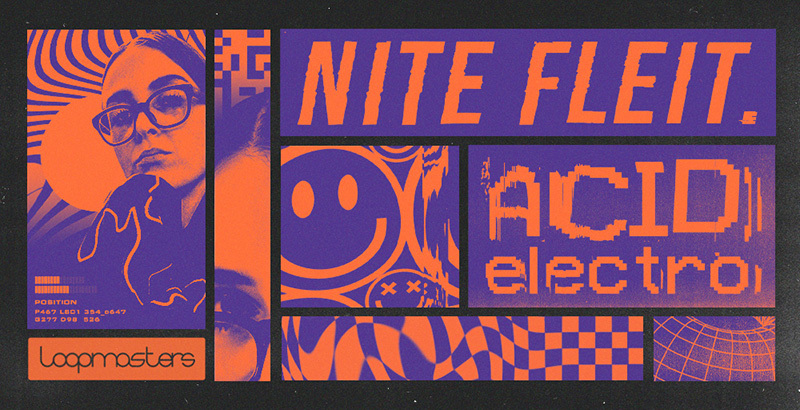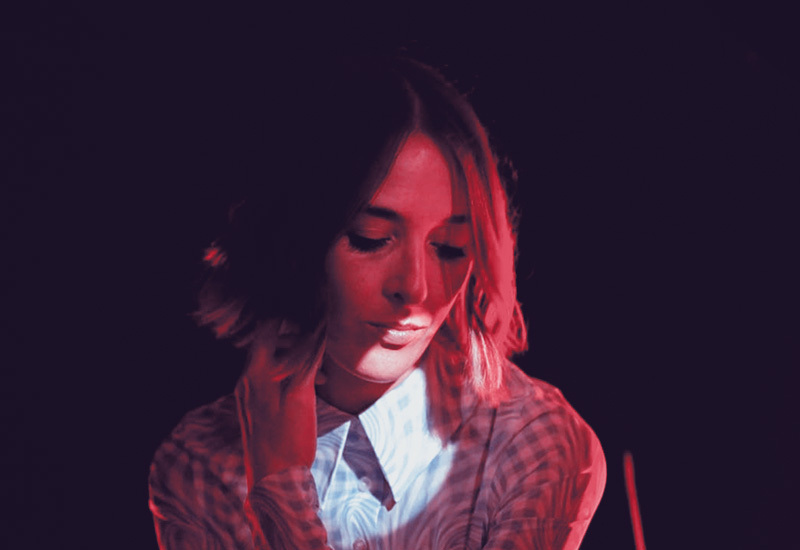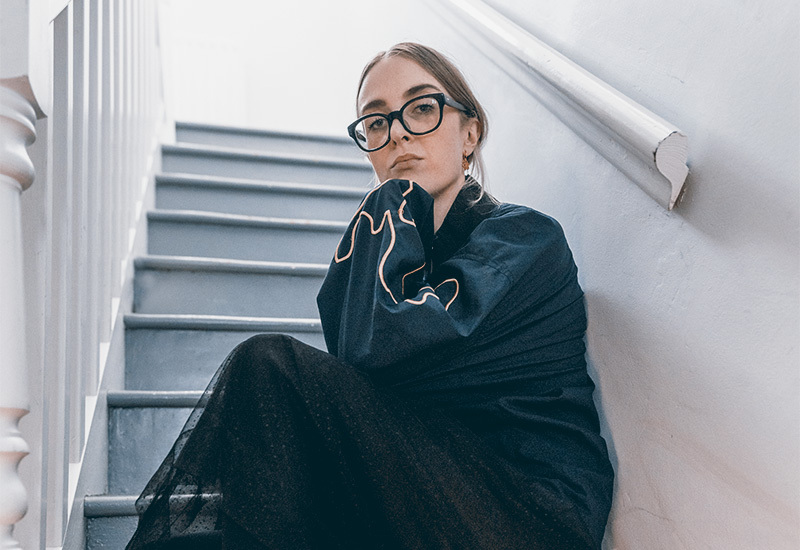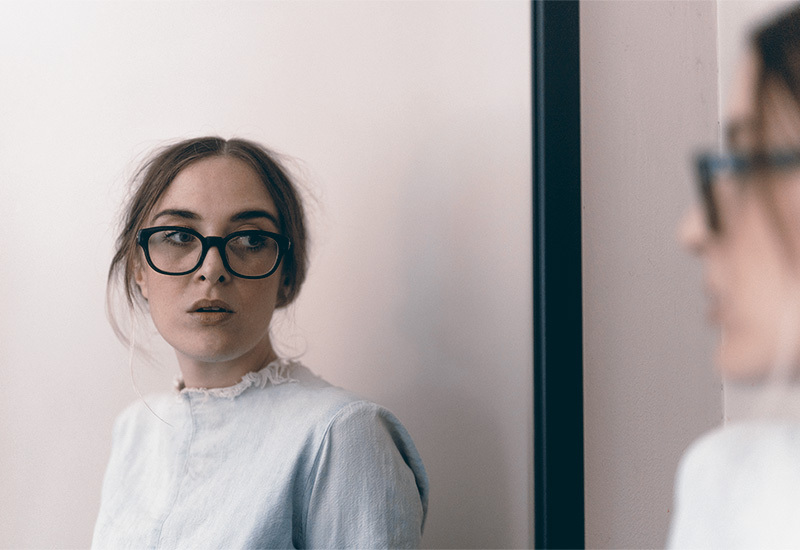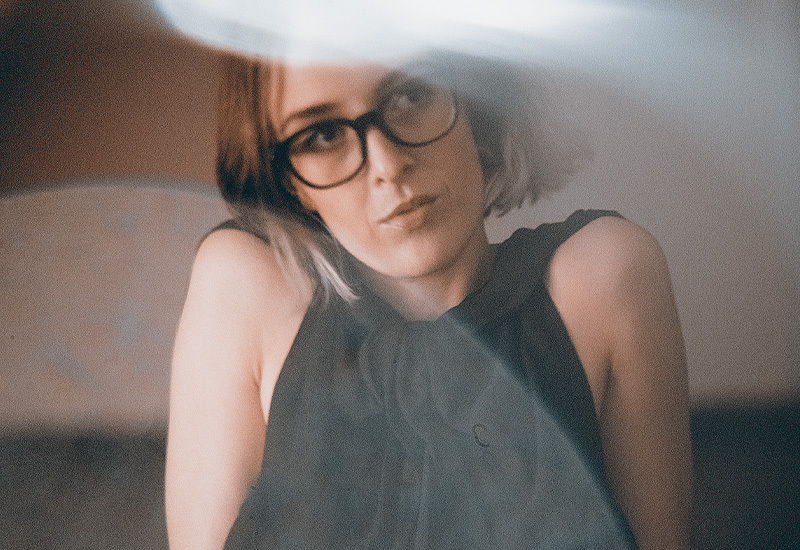Blog
Nite Fleit on her sample pack ‘Acid Electro’, avoiding writer’s block, and why collaboration causes inspiration
16 Feb '2023
How do you keep creative tasks and production admin separate? For the Australian music producer, the secret lies in a mind map, and a better self-understanding.
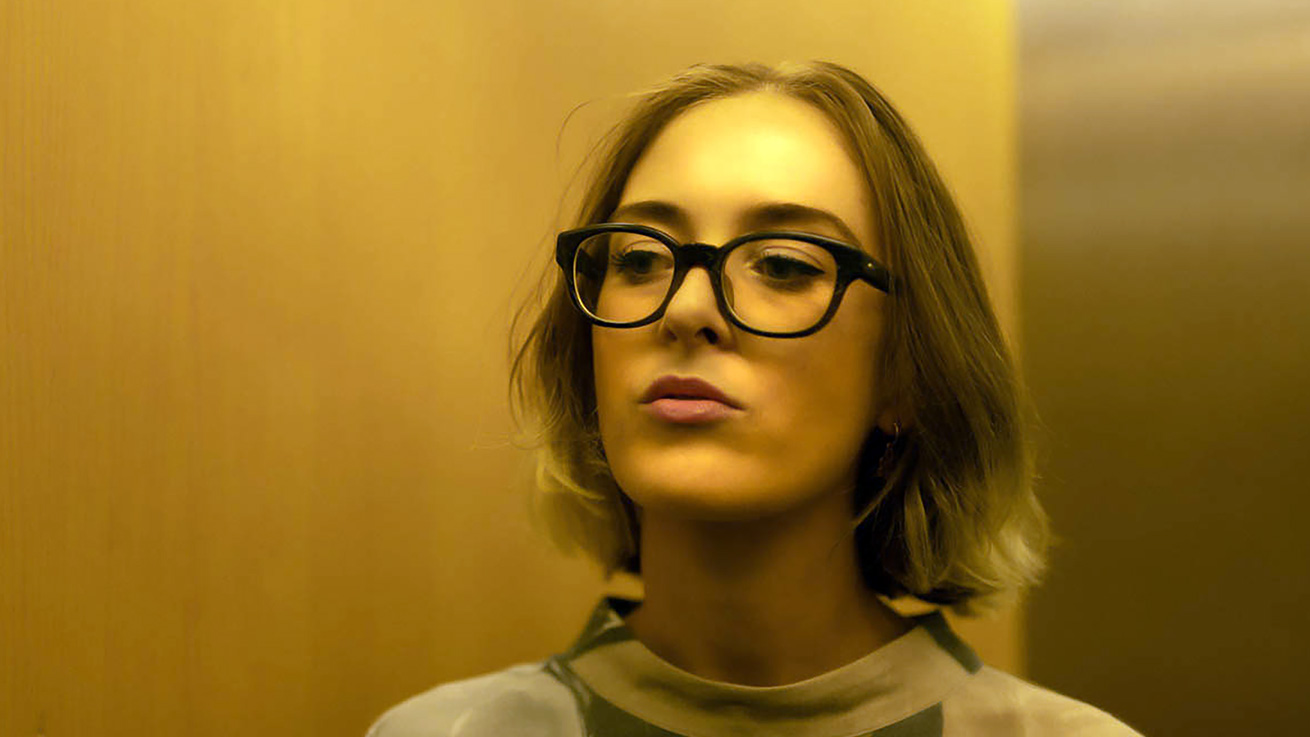
Australian-born, Sicily-based Nite Fleit (aka Fleitsy) has cultivated a distinct, uncompromising sound of her own, setting the club circuit ablaze through refined DJ sets and genre-melding original productions. A kaleidoscopic palette of influences, ranging from golden-era rave and EBM to contemporary electro and acid, runs through the artist’s recorded works.
You can now net Nite Fleit’s sonic pedigree in your own tunes, thanks to her sample pack, Acid Electro, a dark and hypnotic journey through genres. Grab the pack on Loopmasters or preview the elements in your DAW right now thanks to Loopcloud.
Distilling years of idiosyncrasies as a curator, Nite Fleit’s left-of-center body production gems quickly caught the ears of many esteemed electro and techno elites, resulting in releases on Steel City Dance Discs, Return to Disorder, Planet Euphorique, New Flesh, Unknown To The Unknown, International Chrome, Acid Avengers and more recently on her own label, Atomic Alert, which serves as a vessel for her own releases, along with artists she admires and collaborations of all kinds.
2022 saw the release of her debut album "Day Fleit / Nite Fleit". Made up of two distinct halves, the LP explores contrasting emotional states and new sonic territories, fusing the club-focussed sounds the artist is known for with more melodic and emotive elements.
How did the album concept come to light, with its two halves?
When I was unable to play gigs due to Covid, I spent more time experimenting with sound design and music theory and found myself more interested in chord progressions and more playful or what I would call 'pretty' arpeggio patterns – and spoken word samples that reflected how I was feeling.
Image: Liam Oz
I made around 70 tracks during that period and while I’d always had the idea to do a release that was one side Nite Fleit and the other Day Fleit, I wasn’t thinking this when I was working. Once they were done, it made sense to turn that concept into an album.
The intention of the sound design for my album was to convey a narrative specific to each individual track: the elements used on Day Fleit are lighter, more delicate, soft mixed with waves of emotion; and the Nite Fleit side is the release of those emotions through rushing melodies and rough intensity.
You can definitely hear the more fragile sounds vs the impactful sounds on the two sides of the album. Is there much difference in the tools you use to explore these two kinds of sounds?
There isn't a lot of difference between the two styles, no. Mainly because I use Omnisphere 2, Reaktor and Phoscyon for basically everything. Omnisphere and Reaktor have endless possibilities, especially because you can download synths and effects from Reaktor's User Library. The synths I use on Reaktor the most are Monark and Razor, and I like the Analogic Filter Box and Cyan effects. Anytime I make acid I use Phoscyon. I always synthesise my kicks with Kick 2, and you'd be hard pressed to find anything I don't use Decapitator on.
Is it safe to say you’re completely “in the box”, then?
Yep, all in the box! I used some hardware when I first started producing – playing around on an MS-20 and a TR-8 and a 303, but I just love using my soft synths with my Push 2; I've used it for so long that I’m just very comfortable with it.
Image: Liam Oz
You’ve worked on a few collaborative projects in the past. Do you find collaboration to be a valuable part of your creative process? And what are some useful things you’ve learnt from working with others?
Yes I feel so grateful to have many talented, brilliant friends, and I love collaborating. The obvious thing I like about collaborating with people is each person bringing their strengths to the project to give the final track something that would never happen alone. I like knowing what someone can do with a track that I've made or vice versa.
The other bonus with collaboration is that it can be a really great jumpstart for your brain. You’re so inspired when you hear what you've been given to work with and I find that to be a huge productivity booster. So yes I do find it an extremely valuable part of my creative process!
Useful things I've learnt would be how few tracks you need for a huge sound – you don't need layers upon layers to achieve a big sound. I've also learnt the simple joy it is to create something with someone else – whether that’s recording together or sending bits and pieces back and forth. It's just a fun and rewarding experience.
Have you ever had an issue with writer’s block, or staying productive?
I have a document I made when I was working on an educational platform which kind of guides how I approach my brain when it comes to working on music. It's a mind map that splits off in the middle with 'Feeling Inspired'/'Not Feeling Inspired' and I have a lot of notes for tasks that I do when I'm not feeling inspired like: do music admin, make MIDI patterns, read X/Y/Z book and things like that.
I don't know if it's because of this that I don't really get writer's block; I did have a sort of writer's block towards the end of last year where I was worried I was too happy to be able to write music! But I ended up finishing the EP I was working on and listening back to it reassured me that I've still got it!
Image: Liam Oz
That's a really good way to stay productive when inspiration isn't within reach. What can you tell us about the educational platform that sparked it off?
During the pandemic I had the idea to work on a way to share the tips, techniques and time-saving tools that I've found beneficial with others, with the end goal of encouraging confidence, creativity, motivation and inspiring others to find their own way of working effectively.
I want it to be different and more interactive than a tutorial-style video situation - there's a game-like training software that I use called Syntorial that has all of these great lessons that give you hands-on experience with programming patches and training your ear - so something in that field, but more interactive. It's a long-term goal though, but it's something I plan to do over the next few years.
You’ve spoken before about being something of a night owl. How does that impact collaborations and even just production in itself?
Since I've moved to Italy I'm less of a night owl than I was in London, because it's just so beautiful here that I want to be awake in the daytime. I find myself outside a lot more than I was in London. But I don't think it matters when you're collaborating remotely because you're sending stems back and forth so it doesn't really matter what time of day or night you're doing it.
I do think that my creative outlet is influenced by the time of day, simply because working by night there are far less interruptions and it's easier to get into that flow state for hours. I do that now by keeping my phone in a different room when I'm working and turning the wi-fi off on my computer. But waking up early and walking around the stunning streets around my house and across the hills is something that clears my head and allows me to feel energised and creative when I get back home and down to business.
Image: Liam Oz
In terms of your production process, are you quite regimented in how you approach production? Or are you more fluid and experimental with the whole process?
I always compartmentalise whatever I'm doing. I'll spend a few hours or a day or a week just focused on sound design, and some weeks I’ll spend a whole week making chord progressions in MIDI or arp patterns, which I keep all organised ready to drag into sessions when I'm in session mode on Ableton, which I mainly work in for production.
Because I use the system I mentioned before, it means that I have a bunch of tools ready to mix and match and experiment with when I'm producing, and teamed with my phone being away and internet off, hours go by and I'm in my own little world not noticing. It's great!
You've clearly got a creative formula perfected for the way you work! But what are you working on at the minute?
I've just finished an EP for a really special label that I’m super-excited to share when it's announced. I also have three releases planned for the re-launch of my label, Atomic Alert; the first of which will be in the first half of this year. One other thing I've been working on over these past few months is a hybrid set, which I'm in the process of learning how to program visuals for. So a lot actually!
Acid Electro is available now on Loopmasters and Loopcloud.
